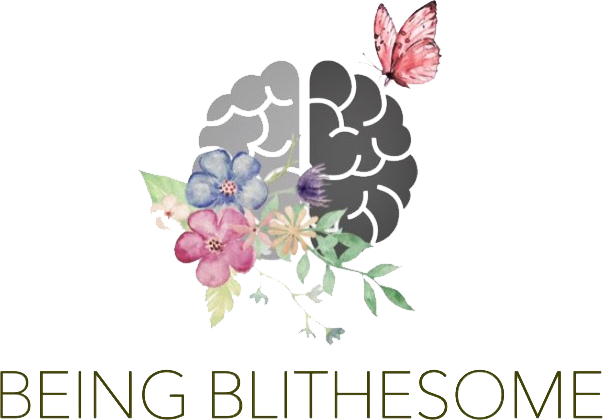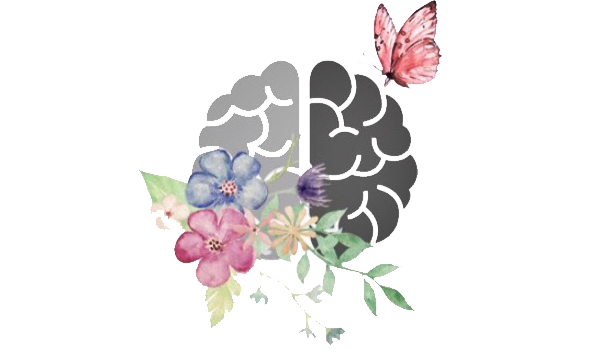Anxiety is a simple 7 letter word. Yet once it finds its place on the top of a doctor’s pad, this very word turns into a catalyst of absurd changes. It is described by the feelings of stress, fear, worry and unease. Usually, it incorporates both the emotional and physical sensations that one experiences when nervous or worried. Anxiety is related to the ‘fight and flight‘ kind of response which is completely normal to when one’s body perceives any kind of risk or danger.
While feeling anxious is a natural response, suffering from a prolonged anxiety can be very severe. Anxiety will affect individuals in their own way, nonetheless, there are a few common symptoms:
- irregular heartbeat or a racing heartbeat
- nausea
- sweating
- dizziness
- sleep disturbances
- hasty breath
- lack of concentration
- panic attacks
Anxiety is said to be like quicksand, the harder we struggle to escape, the deeper we sink!
Well, anxiety is a problem which could get worse if the stressors maintain to stock up. Individuals may feel embarrassed to seek help from a professional or would like to believe that anxiety is not that big of a deal and so they mask their feelings and wait for it to just go away. It is important for them to understand that there is no shame in asking for help, as they deserve some external support which would be only beneficial for them.
Even though anxiety is something that will be persistent throughout life, there are ways that can reduce the risk of full-blown anxiousness:
- Sleeping better could help
- Avoiding any kind of substance use or recreational drugs
- Maintaining a balanced diet
- Try and consume less caffeine, tea, soda and even chocolates
- Managing Anxiety
As every individual is unique in their own way, their treatment for anxiety management depends on their type of anxiety and presence of any underlying conditions. It can be helped by starting self-management and focusing on meditation, lifestyle adjustments and basic relaxation techniques. Yet, if these measures do not control the anxious thoughts and feelings, it is best to seek help from a professional, where one would help by providing medication to some who require it, supporting the psychological therapies, including Cognitive Behavioral Therapy (CBT), Behavior Modification, Mindfulness Training, Emotional Therapy, Exposure Therapy and many more.


